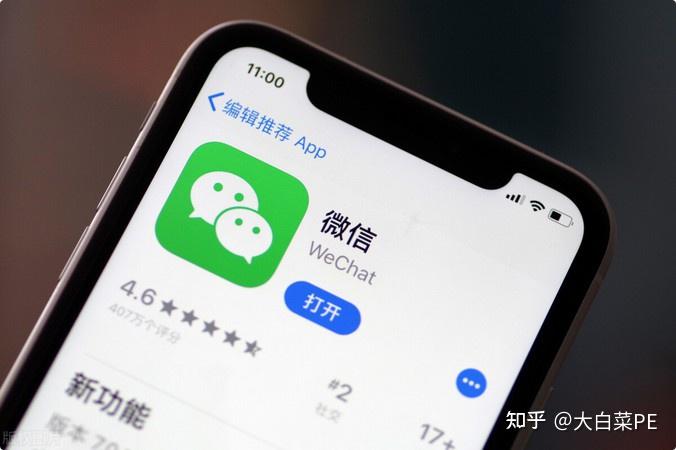“Investigating WeChat” is a four-part series exploring the complexities and threats posed by Chinese social apps WeChat and its domestic version Weixin. In this article, Reporters Without Borders (RSF) looks at the differences and resemblances between the two versions.
WeChat, known in China as Weixin, was launched in 2011 by the Chinese tech giant Tencent. It quickly rose to become the world’s second-largest messaging app after WhatsApp. Messaging app Weixin and its international counterpart WeChat, despite their popularity, are unsafe to use as they do not protect user data and actively collaborate with Chinese authorities.
Characteristics
- A multifunctional platform. Unlike typical messaging apps, WeChat offers a suite of services including social media, gaming, web browsing, and financial transactions, making it a multifunctional platform that goes beyond mere communication.
- Core to daily life in China. WeChat’s integration into daily activities is profound in China, where it’s not just used for communication but as the primary tool for a variety of daily tasks. Many Chinese citizens rely on WeChat to pay rent, manage bills, communicate with their children’s teachers, and access a range of government services, highlighting its indispensability in a country where many Western apps like Facebook, Telegram, Signal, and WhatsApp are banned.
- Two sides of the same coin. As part of its strategy to capture markets outside China, Tencent bifurcated WeChat into Weixin for domestic users and WeChat for international users in 2013. Managed by two foreign subsidiaries based in Singapore and the Netherlands, WeChat has become especially popular among the Chinese diaspora, enabling seamless communication with relatives and friends in China and aiding in managing businesses or staying updated with events in China.
Safety issues
- Privacy and security issues. From its inception, WeChat has been plagued by privacy and security issues that have led to significant user data breaches. Personal information, including names, official IDs, phone numbers, and addresses, have been compromised. These breaches are symptomatic of WeChat’s broader compliance with Chinese surveillance laws, which mandate real-time monitoring and censorship of all forms of communication on the platform.
- Government collaboration and scandals. The early 2010s highlighted the extent of collaboration between Tencent and the Chinese government, involving mandatory data sharing that facilitates state monitoring. These collaborations were exposed in various scandals, showing how Tencent has allowed the government to access back-end information without users’ consent or due process, thus using WeChat as an extensive tool for government surveillance.
Resemblances between the two versions
- Intentions vs. reality of the split. The official reason for splitting WeChat into domestic and international entities was to protect international users from the stringent surveillance and censorship practices mandated in China. However, in practice, the split has been less effective. Weixin and WeChat, though nominally separate, share much of the same infrastructure, which means data from WeChat users can still be subjected to Chinese surveillance measures.
- Implications for international users. The nominal separation complicates the privacy and security scenario for international users. Any communication that involves Weixin might be subjected to Chinese laws, regardless of where the WeChat user is based. This shared infrastructure means that even data hosted on servers outside China can, under certain conditions, be sent to servers within China as per the latest terms of service, subjecting it to Chinese surveillance laws.
← Read: An introduction to social apps WeChat and Weixin
→ Read Part 2: Weixin in China, Big Brother is watching you
→ Read Part 3: WeChat, China’s Trojan Horse outside its borders
→ Read Part 4: Safety advice for journalists using WeChat and Weixin
Co-written by Bence Kócsi. Bence Kócsi is an experienced freelance editor, writer, and researcher. He has been focusing on a wide range of topics including digital security, technology, historical linguistics, politics, and medicine.
Co-written by Benjamin Finn. From Houston (USA), Benjamin has been in the IT field for a decade, during which his primary focus was the deployment of internal enterprise tools across large enterprises, including cybersecurity focused efforts.



